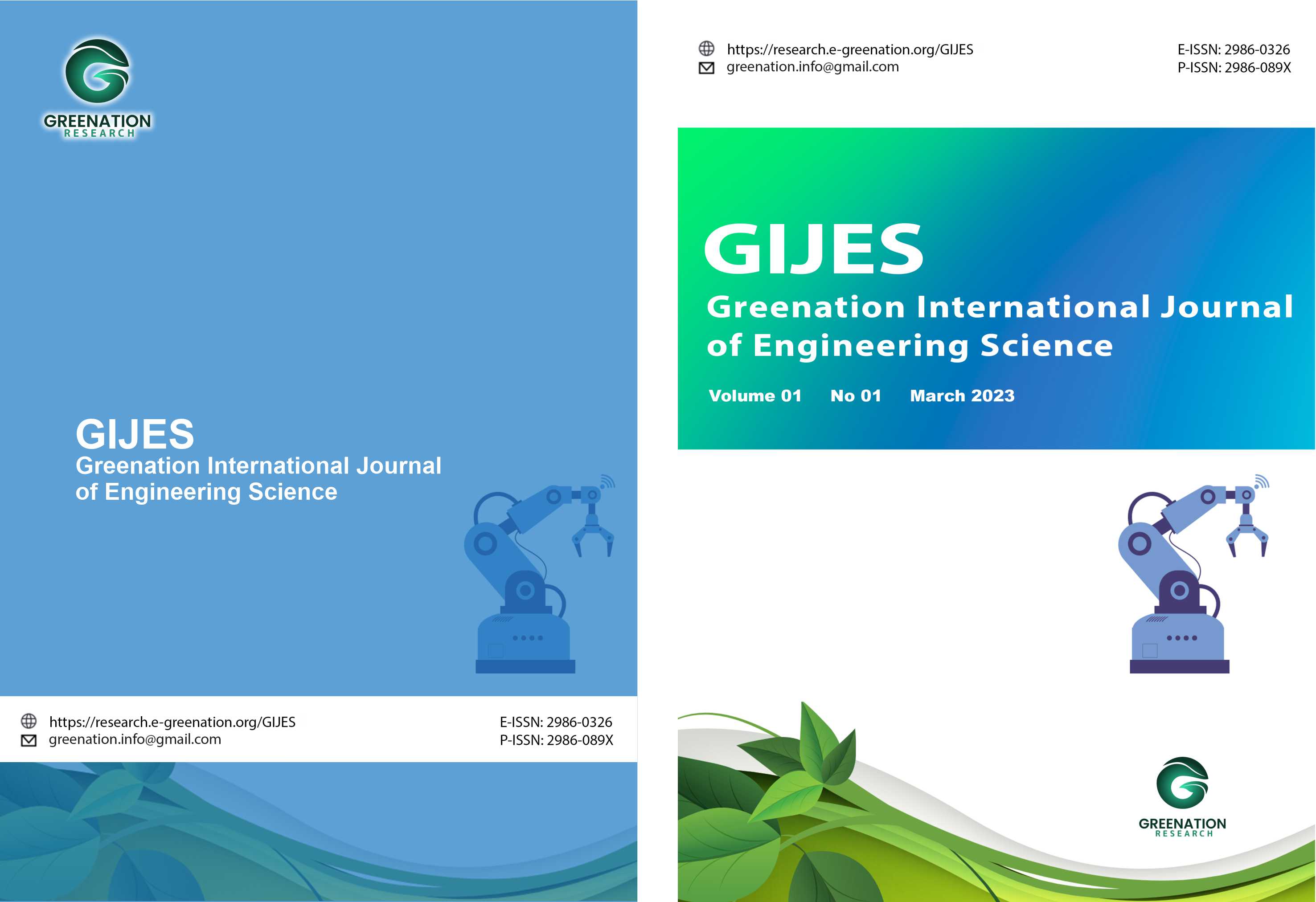Damage Analysis of Accommodation Space Refrigerator in Mv. Energy Pan
DOI:
https://doi.org/10.38035/gijes.v1i3.51Keywords:
Accommodation Cooling Machine, Thermal Expansion Valve, Evaporator Pipe, Reduced Lubricating Oil, Increased Accommodation Room TemperatureAbstract
Ships play an important role in the distribution of goods and passengers. Inside the ship there is a refrigeration machine that is used for food or other accommodation. This research examines the causes of damage to the thermal expansion valve, the emergence of frost on the evaporator pipe and reduced lubricating oil in the compressor cooling machine accommodation space. The research objective of this research is to determine the cause of damage to the thermal expansion valve, the emergence of frost on the evaporator pipe and reduced lubricating oil in the compressor. This type of research is qualitative. From the results of the study it was concluded that the cause of damage to the thermal expansion valve was the blockage of the orifice by dirt and the spring not working on the thermal expansion valve.
References
Bennett, Sean. 2010. Modern Diesel Technology: Diesel Engines. Delmar. Cengage Learning.
Adji, R. 1994. Cooling Machine. Indonesian Seafarers' Association: Jakarta.
Handoko. 1987. Engine Cooling Controls. PT. New Attempt: Jakarta.
Karyanto, E and Paringga, Emon. 2005. Cooling Machine Engineering. Great Restu: Bandung.
Manual Instruction Book. 2008. AIR COND' NEW CENTURY 0108202. STX : Korea.
Simatupang, Desamen. 2010. Working Guidelines for Cooling Machines. STIP : Jakarta.
Sumanto. 1998. Fundamentals of Cooling Machines. Andi : Jogjakarta.
KBBI. 2022. Definition of Damage. Indonesian Language Congress: Jakarta.
Downloads
Published
How to Cite
Issue
Section
License
Copyright (c) 2023 Rifqi Bahreysy Affandi, Hartaya, Agus Leonard togatorop, Baihaqi Baihaqi

This work is licensed under a Creative Commons Attribution 4.0 International License.
Copyright:
Authors who publish their manuscripts in this journal agree to the following conditions:
- Copyright in each article belongs to the author.
- The author acknowledges that Greenation International Journal of Engineering Science (GIJES) has the right to be the first to publish under a Creative Commons Attribution 4.0 International license (Attribution 4.0 International CC BY 4.0).
- Authors can submit articles separately, arrange the distribution of non-exclusive manuscripts that have been published in this journal to other versions (for example, sent to the author's institutional repository, publication in books, etc.), acknowledging that the manuscript has been published for the first time in GIJES.
























